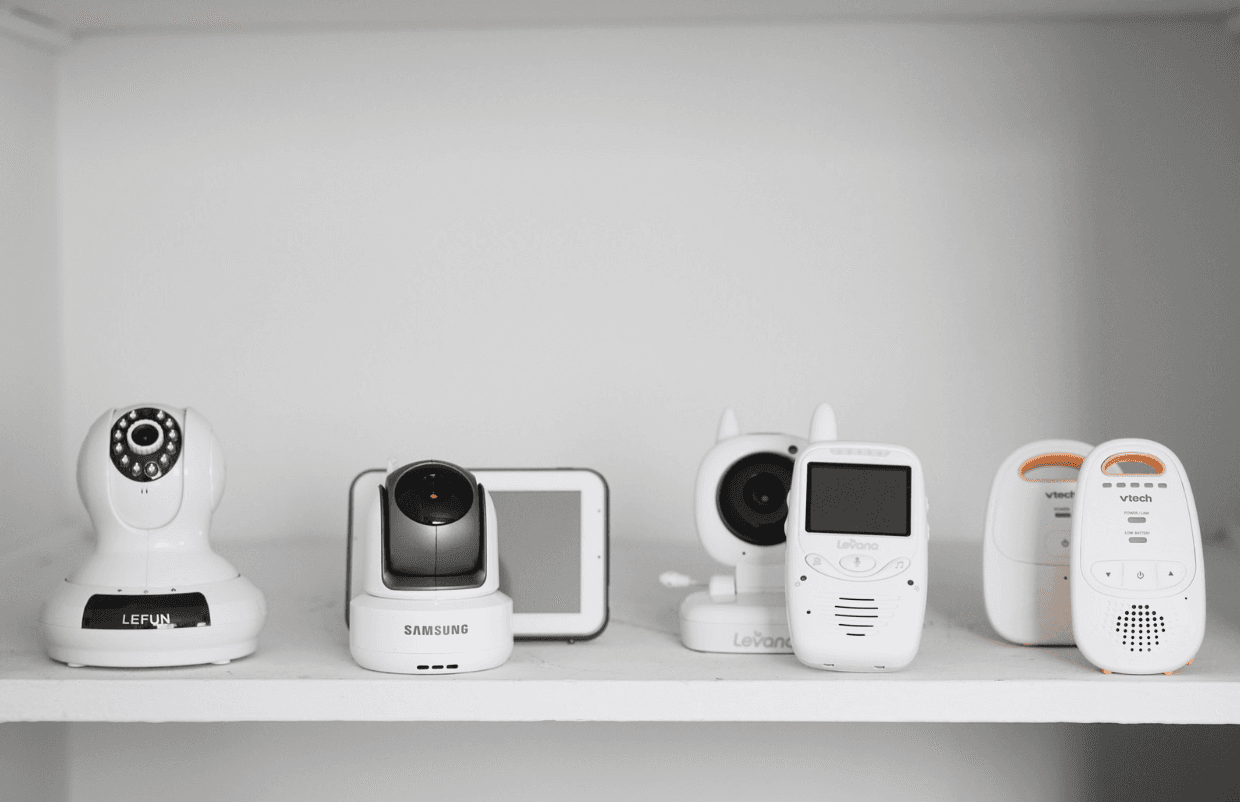-
(#10) Know Your Deal Breakers
Before you purchase any property, know what your deal breakers are. Though roofing can be fixed, are you open to the process of reconstruction? Has the owner made any upgrades that don't seem stable or throw off your personal tastes? Can you deal with living downwind of a sewage treatment plant for an extended period of time? How much maintenance are you willing to put into the home? Is it pet friendly?
Know your personal tastes and establish in advance what you're willing to compromise on - and what you're not.
-
(#4) Feel Out The Temperature Of Each Room
The temperature of a home can seriously impact your comfort - and your utility bill. Check the temperature of each room, check if each room is properly insulated, and figure out what kind of thermostat the home has in place. You don't want to be running up your bill during the winter months or having to sleep on top of your covers in the summer.
Also make sure to ask about the fireplace, what kind it is, and how it will affect heating in the rest of the home.
-
(#7) Test Every Nozzle, Switch, And Window
Check out the insulation integrity of every window as well as whether or not that window functions as it's supposed to. Does it lock? Does it open and close all the way? Is there a screen? Also make sure to test every nozzle for efficient water flow and potential leakage.
Finally, flip every light switch in the home. Electrical issues can be a pain to address, and if there are any problems, the source is simple enough to sort out. Once you've ruled out any malfunctions with the breaker, turn it off and remove every light switch cover. Use a continuity tester, found at most hardware stores, to locate the origin of your trouble.
-
(#5) Double-Check That The Plumbing Is Up To Snuff
You can inspect a home's plumbing by checking the main sewer line, the water heater, and the toilets. Check the sewer line for any deterioration or damage - anything that might cause a clog. Ask how old the water heater is - they usually last up to 10 years - and make sure it is not located anywhere it could cause damage to drywall, carpet, or hardwood floors in the event of a leak. Notice any unwanted draining from the base of the toilet by looking for discoloration, malleable or soft flooring, or if the toilet bowl moves around at all. (It should not.)
Call a professional plumber to check out any suspicions you have to avoid causing further damage or missing any important signs.
-
(#2) Visit The Neighborhood At Different Times
House hunting sites like Trulia help you find the neighborhood you will be most comfortable committing to. Sites like this allow you to read local reviews, check out what the schools are like, compare crime rates, and note what the nearest entertainment hub offers.
A few things to consider when checking out a neighborhood are how your noise habits compare to those around you, whether you prefer to walk or drive, what the public transportation options are, whether there are any nearby parks, and what the local demographics are. Is it mostly families, college students, couples, etc?
In addition to the online support, take walks at different times throughout the day and make sure you feel comfortable before making a decision.
-
(#1) Make Sure The Home Has A Solid Foundation
Foundation problems are hard to fix, they decrease the value of the home, and they get progressively worse over time. You can tell if a home has foundation problems if there are uneven floors, cracks in the walls, or doors that stick in place or swing unnecessarily.
The foundation of a home helps maintain its structural integrity. Loaning institutions generally don't close on homes with poor foundations, and repairs can be expensive. It's better to avoid the hassle than deal with it as a new owner. If the foundation has recently been addressed, however, the structure is likely stronger than ever.
New Random Displays Display All By Ranking
About This Tool
When considering buying a new house, you must notice all the details of your house and the community, ask as many questions as possible, and understand everything about the house you want to buy, including when it was built, when it was renovated, maintenance records of various facilities, and so on.
If necessary, you can apply for multiple inspections at different times. Take as much time as possible to compare different houses on the spot, and make better judgments from the advantages and disadvantages of different houses. The random tool lists 11 things you should look out for before buying a new house.
Our data comes from Ranker, If you want to participate in the ranking of items displayed on this page, please click here.







